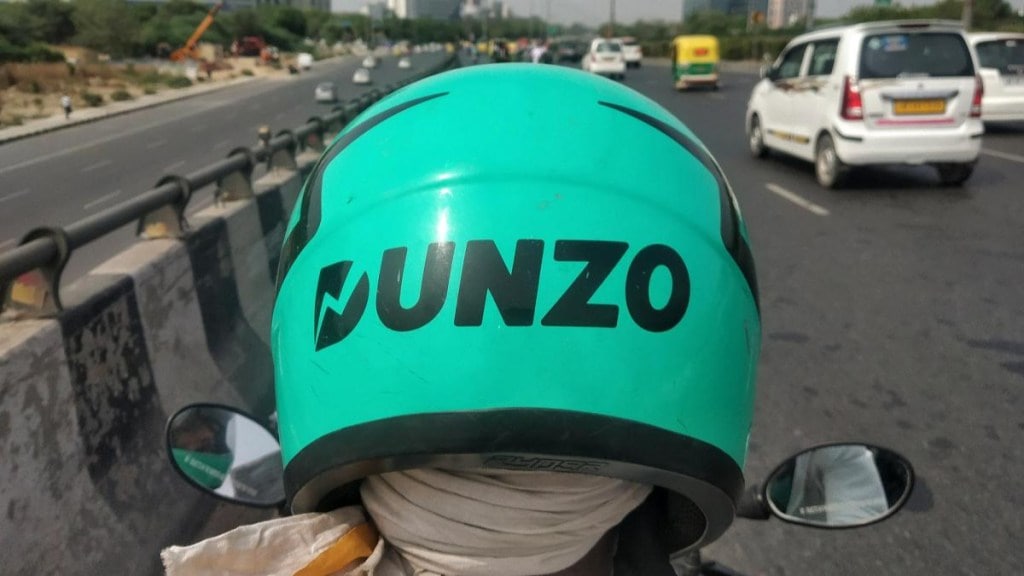It once became a verb synonymous with convenient hyperlocal delivery in India. The reason was simple: In 2016, Dunzo tapped into a nascent demand for efficient and fast delivery of grocery, food, medicine, etc, and boasted millions of users and a billion-dollar valuation within a short span of time.
The world has come crashing down since then. Last week, Dunzo, founded by Kabeer Biswas, Ankur Agarwal, Dalvir Suri and Mukund Jha, sacked 150 staff, leaving it with just 50 employees and a balance sheet awash in red. Industry sources said that two of the prominent investors in the firm, Reliance Retail, which has a 25.8% stake and Google, which holds 20%, have refused to come to the company’s aid as the company has failed to meet a set of service level agreements. One of the condition was that Dunzo will become cash flow positive.
Dunzo’s losses have jumped to Rs 1,801 crore in FY23 from Rs 464 crore in FY22. Though the company’s FY24 financials are not available, analysts said that losses may have narrowed because of cost-cutting, but revenues would also have declined, so cash flow problem continues. The company did not respond to requests for comments.
Dunzo was looking at an investment of around $20 million by Reliance Retail to tide over its cash crunch. Its efforts to raise $22-25 million through external investors have also hit a roadblock as potential investors do not seem to be convinced of its ability to revive.
This is evident through the emails which co-founder and CEO Kabeer Biswas has written to employees in the last two months. On July 20, he wrote that key investors, including Reliance Retail, have agreed to infuse funds into the company and claimed that the fresh capital will be deployed to clear the pending salaries and other dues owed to former and current employees as well as vendors.
However, in an another email dated August 12, Biswas told employees that the fund-raising process had hit a roadblock, with the management unable to close the transaction.
The company has raised nearly $470 million till date and was valued at $770 million at the time of its last funding round.
The crisis has led to significant changes in Dunzo’s leadership and investor representation. Key investor Lightbox vacated its board seat in May, following earlier exits by representatives from Reliance Retail and Lightrock. Co-founders Suri and Jha also departed from their board positions before leaving the company.
Experts say the mistake Dunzo made was in trying to move away from its core business model of hyperlocal delivery and shift to quick commerce – Dunzo Daily. As a result, it lost focus and ignored its hyperlocal strength – the USP that made it a household name in the first place. “We underestimated the complexity and cost of quick commerce,” said a former executive. “While our competitors were flush with cash and focused on unit economics, we were trying to solve inventory management with tech solutions that looked good on paper but didn’t translate to the real world,” he added. Meanwhile, analysts said that cash-rich competitors like Zepto, Blinkit and Swiggy Instamart have moved far ahead in the quick commerce space, and the gap is too wide for Dunzo to catch up even it’s able to raise some small funds.
It came as no surprise that Dunzo has exited this segment, and got back to its original model of hyperlocal deliveries for nearby grocery stores and those on the ONDC network. It also tried to become a delivery partner for retailers and merchants who had their own online stores, but had to revert to its B2C model as it lacked funds to expand in the B2B segment.
The company’s financial troubles have also led to legal problems, with a group of creditors filing an insolvency application in July, alleging partial clearance of dues. That the future is tense for Dunzo is a clear under-statement.
